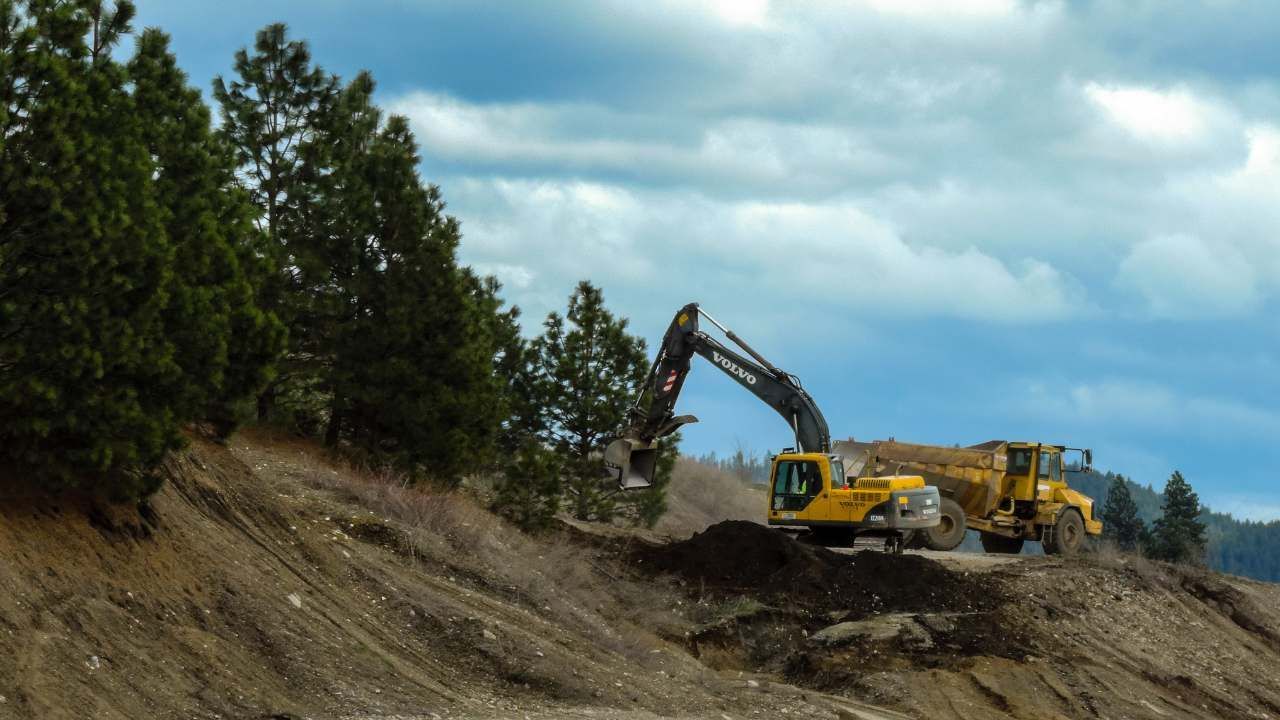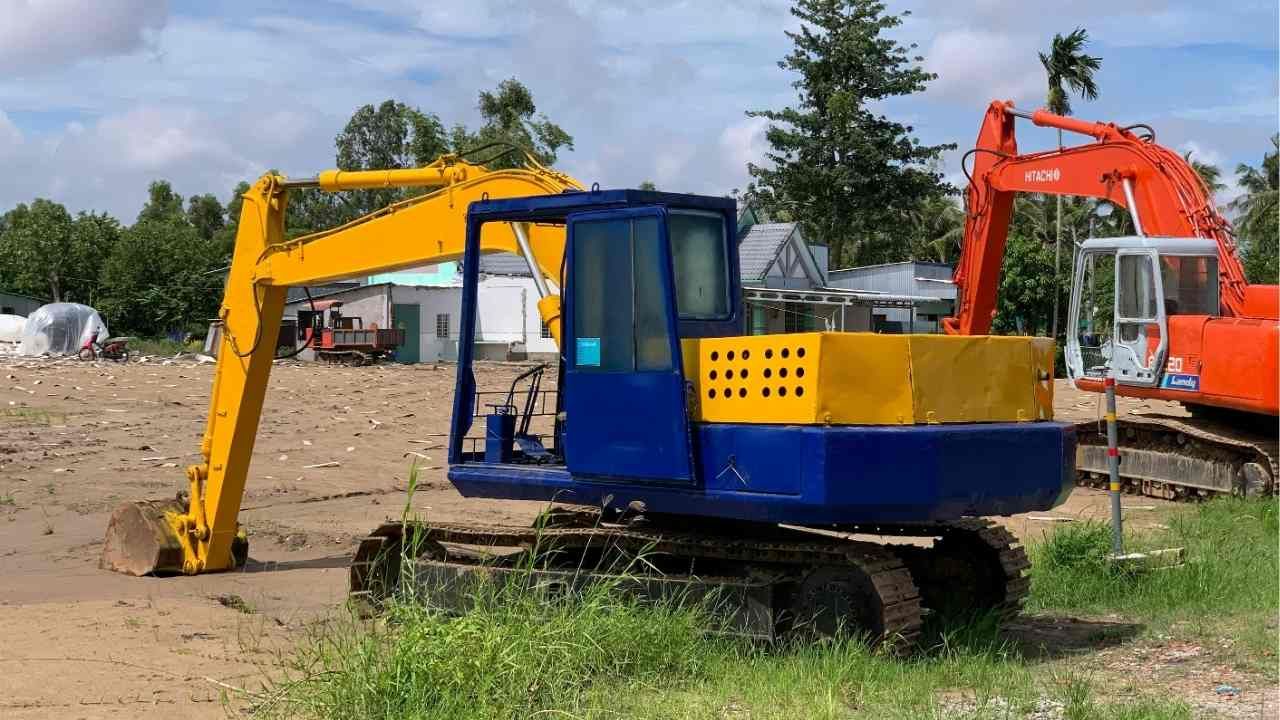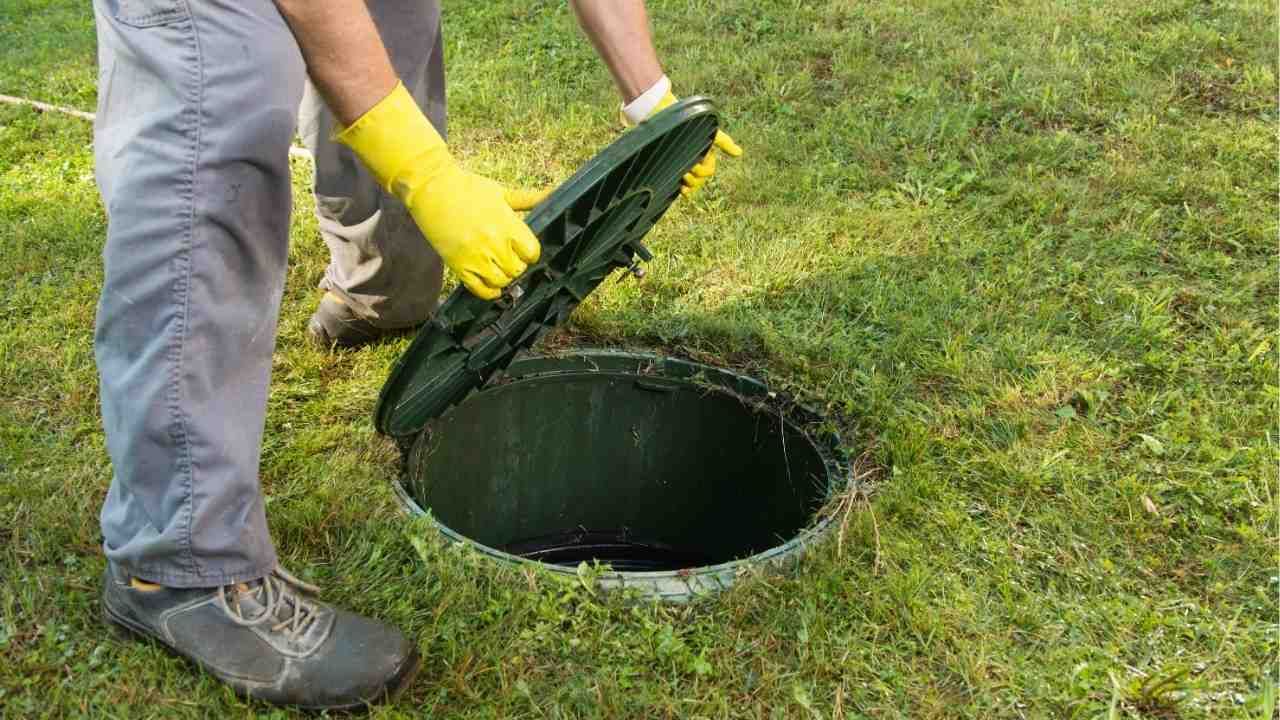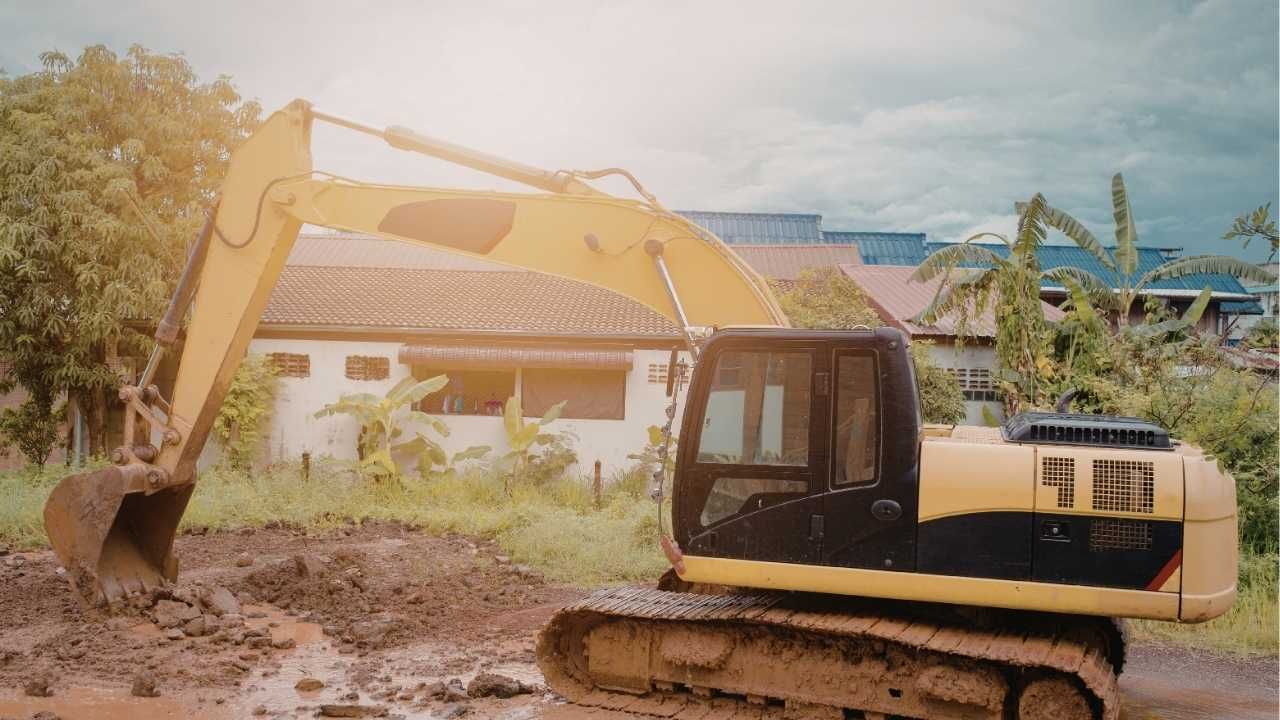How to Minimize Environmental Impact During Excavation

Excavation is essential for many construction and landscaping projects—but it also comes with a risk: environmental disruption. From soil erosion to habitat loss, the effects can linger long after the digging stops. The good news? With thoughtful planning and responsible practices, you can significantly reduce the impact.
This guide breaks down practical, eco-friendly steps to minimize your environmental footprint during excavation, whether you're a homeowner, builder, or project manager.
1. Plan with the Environment in Mind
Before a single shovel hits the ground, the most important work happens behind the scenes: planning. A solid environmental assessment is key. This includes:
- Identifying protected wetlands, mature trees, and natural habitats
- Understanding the soil type and drainage patterns
- Mapping out underground utilities and sensitive areas
By working with professionals who understand both the terrain and local regulations, you can adjust your project scope to preserve as much of the natural landscape as possible.
2. Use the Right Equipment for the Job
Oversized or outdated equipment can lead to unnecessary soil compaction, damage to root systems, and excessive fuel use. Choose machinery that's appropriate for the task—not just in power, but in precision.
Modern, low-emission excavators also help reduce carbon output. Many eco-conscious excavation contractors are now investing in electric or hybrid equipment. While these may come with a higher upfront cost, they lower pollution and noise levels—especially important in residential or protected areas.
3. Control Erosion and Runoff
One of the biggest environmental threats during excavation is sediment runoff. Loose soil, when left exposed, can wash into storm drains, streams, and wetlands, leading to water pollution and damage to aquatic ecosystems.
To prevent this, implement erosion control measures like:
- Silt fences or straw wattles
- Temporary grass or mulch covers
- Sediment basins to collect runoff
Even simple actions, like limiting excavation to dry weather periods and stabilizing disturbed areas quickly, can make a huge difference.
4. Reuse On-Site Materials
Excavation often produces large amounts of soil, rocks, and organic debris. Instead of hauling it off to the landfill, look for ways to repurpose it:
- Use quality soil as backfill or to level other areas
- Reuse rocks for decorative landscaping features or retaining walls
- Compost or mulch organic debris when possible
This not only reduces environmental waste but can also save you money on materials and disposal.
5. Work with an Eco-Conscious Contractor
Perhaps the most effective way to reduce environmental impact is to hire a contractor who prioritizes sustainability. A reputable excavation contractor in Spencer MA, such as Groundscapes Inc., can guide your project from start to finish with both beauty and ecology in mind. Their excavation services are designed to balance functionality with environmental stewardship—making sure your project doesn’t just look good but does good too.
Case Study: A Greener Foundation
A homeowner in central Massachusetts wanted to install a large patio and garden bed but was concerned about disrupting the mature trees and slope of the land. By working with an environmentally focused contractor, they used precision excavation to protect root zones, repurposed boulders as landscape accents, and used permeable materials for drainage. The result? A stunning outdoor space with minimal impact on the surrounding environment.
Final Thoughts
Excavation doesn’t have to be at odds with nature. By planning carefully, using efficient tools, and committing to sustainable practices, you can complete your project while keeping the local environment intact.
Ready to dig smart? Reach out to contractors who care as much about the earth as they do about the outcome.




